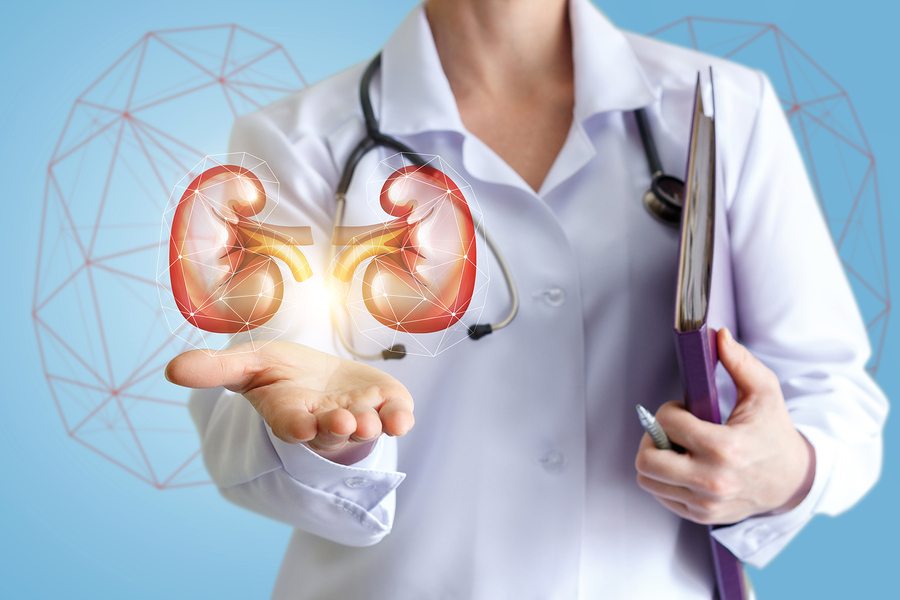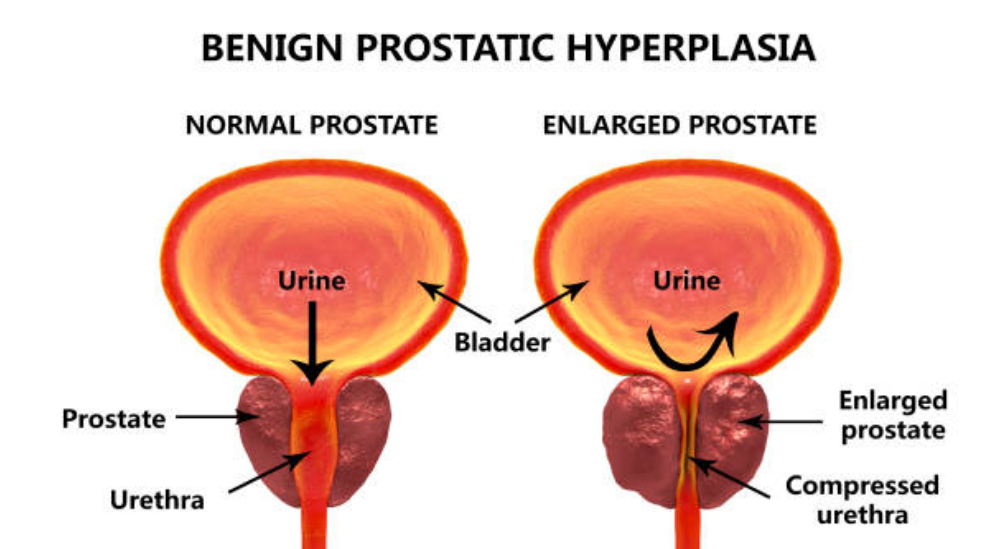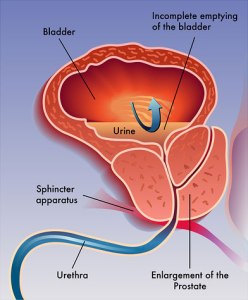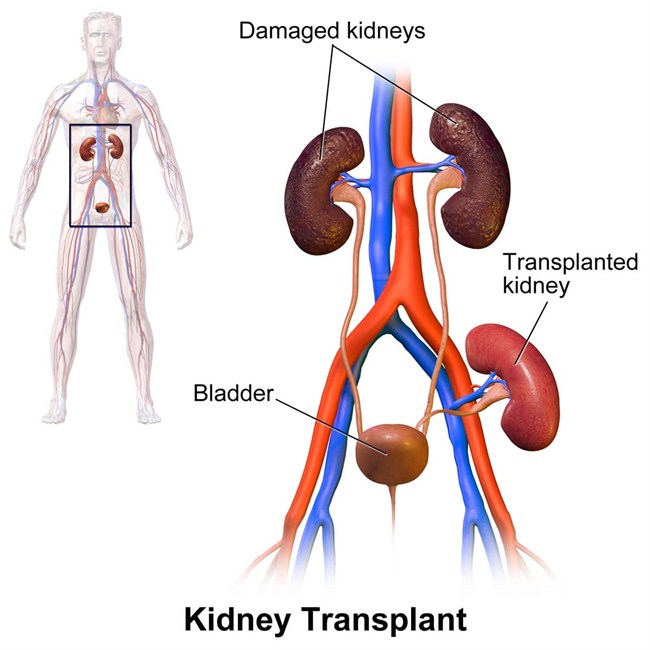Kidney Stone Treatment in Pune
How do health care professionals treat kidney stones?
Health care professionals commonly treat kidney stones based on their size, location, and what type they are.
Little kidney stones may pass through your urinary tract without treatment. If you’re able to pass a kidney stone, a health care professional may ask you to grab the kidney stone in a special container. A health care professional will fire the kidney stone to a lab to find out what type it is. A health care specialist may advise you to drink bounty of liquids if you are able to help move a kidney stone along. The health care specialist also may prescribe pain medicine.
Larger kidney stones or kidney stones that chunk your urinary tract or cause great pain may need urgent treatment.If you are vomiting and dehydrated, you may need to go to the hospital and get fluids through an IV.
Kidney stone removal
A urologist can take away the kidney stone or break it into small pieces with the following treatments:
Shock wave lithotripsy. The surgeon can use shock wave lithotripsy to blast the kidney stone into small pieces. The lesser pieces of the kidney stone then pass through your urinary tract. A surgeon can give you anesthesia throughout this outpatient procedure.
Cystoscopy and ureteroscopy. Through cystoscopy, the doctor uses a cystoscope to look inside the urethra and bladder to find a stone in your urethra or bladder. Through ureteroscopy, the doctor uses a ureteroscope, which is longer and thinner than a cystoscope, to see detailed images of the lining of the ureters and kidneys. The surgeon inserts the cystoscope or ureteroscope through the urethra to see the rest of the urinary tract. One time the stone is found, the doctor can remove it or break it into smaller pieces. The surgeon performs these procedures in the hospital with anesthesia. You can typically go home the same day.
Percutaneous nephrolithotomy. The surgeon uses a thin viewing tool, called a nephroscope, to locate and remove the kidney stone. The surgeon inserts the tool directly into your kidney through a small cut made in your back. For larger kidney stones, the doctor also might use a laser to break the kidney stones into smaller pieces. The surgeon performs percutaneous nephrolithotomy in a hospital with anesthesia. You know how to stay in the hospital for several days after the procedure.
Once these procedures, sometimes the urologist may leave a thin flexible tube, called a urethral stent, in your urinary area to help urine flow or a stone to pass. just the once the kidney stone is removed, your doctor sends the kidney stone or its pieces to a lab to find out what type it is.
The health care professional also may ask you to collect your urine for 24 hours after the kidney stone has approved or been removed. The healthiness care professional can then measure how much urine you produce in a day, along with mineral levels in your urine. You are more possible to form stones if you don’t make enough urine each day or have a problem with high mineral levels.
Health care professionals typically treat kidney stones based on their size and what they are made of.
How can I prevent kidney stones?
To help avoid future kidney stones, you also need to know what caused your previous kidney stones . one time you know what type of kidney stone you had, a health care professional can help you make changes to your eating, diet, and nourishment to prevent future kidney stones.
Drinking liquids
In most cases, drinking enough liquids each day is the best way to help avoid most types of kidney stones. Drinking sufficient liquids keeps your urine diluted and helps flush away minerals that might form stones.
While water is best, other liquids such as citrus drinks may also help avoid kidney stones. Some studies explain that citrus drinks, such as lemonade and orange juice, protect against kidney stones because they contain citrate, which stops crystals from turning into stones.
Except you have kidney failure, you should drink six to eight, 8-ounce glasses a day. But you before had cystine stones, you may need to drink even more. Speak with a health care professional if you can’t drink the recommended amount due to other health problems, such as urinary incontinence, urinary frequency, or kidney failure.
The quantity of liquid you need to drink depends on the weather and your activity level. But you live, work, or exercise in hot weather, you may need more liquid to replace the fluid you lose through sweat. A health care professional might ask you to collect your urine for 24 hours to determine the amount of urine you produce a day. But the amount of urine is too low, the health care professional may advise you to increase your liquid intake.
Medicines
But you have had a kidney stone, a health care professional also may prescribe medicines to prevent future kidney stones. Depending on the type of kidney stone you had and what type of medicine the health care professional prescribes, you might have to take the medicine for a few weeks, several months, or longer.
For instance, if you had struvite stones, you may have to take an oral antibiotic for 1 to 6 weeks or possibly longer.
But you have another type of stone, you may have to take a potassium citrate tablet 1 to 3 times daily. You may have to take potassium citrate for months or even longer until a health care professional says you are no longer at risk for kidney stones.
Hyperparathyroidism surgery
Public with hyperparathyroidism, a condition that results in too much calcium in the blood, sometimes develops calcium stones. Action for hyperparathyroidism may include surgery to remove the abnormal parathyroid gland. Remove the parathyroid gland cures hyperparathyroidism and can prevent kidney stones. Surgery sometimes causes complications, including infection.
Dr. Suraj Lunavat is the Best Urologist in Pune and his Urology Clinic is one of the largest corporate clinics in Pune constantly achieving excellence in Urological treatments. We offer comprehensive treatment for urology and nephrological conditions. The organization specializes in providing services in the areas of Urology, Andrology, and Pediatric Urology.
For More Details:https://www.urologistinpune.in/









